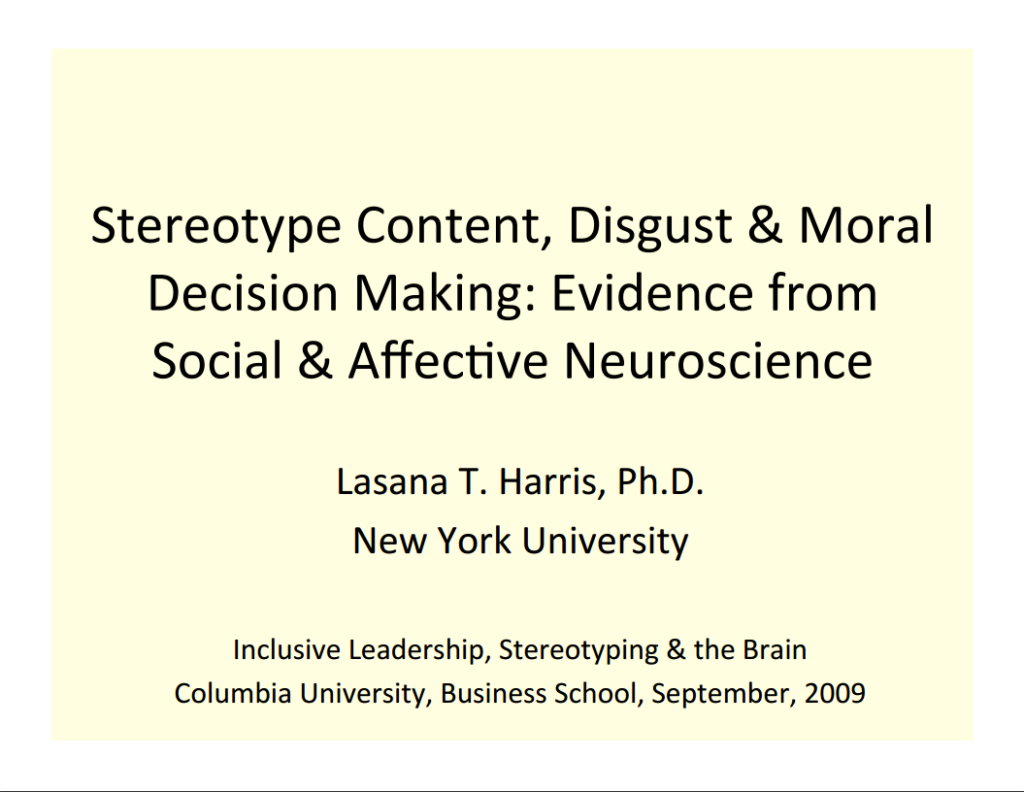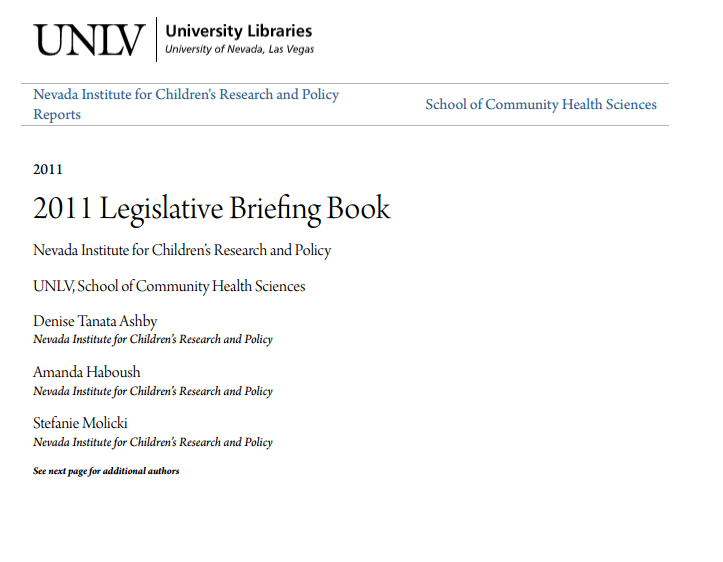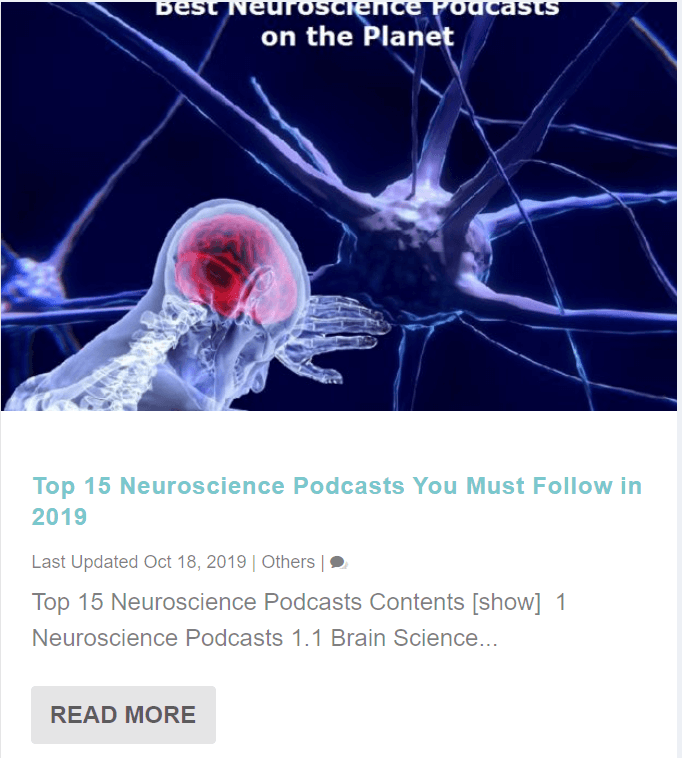Biomechanics of Human Communication
Biomechanics of Human Communication
FAILURE, SHAME and CREATIVITY: Stanford Neuroscience and Engineering Symposium
Design Thinking Research: (Eds Larry Leifer, Christopher Meinel)
Investigating Design Team Performance
RESEARCH & OTHER PUBLICATIONS
INCREASED ABSOLUTE POWER IN THE LEFT PREFRONTAL AND ANTERIOR CINGULATE CORTICES WITH TMS FOR COMPLEX DEPRESSION
Brain Stimulation: Basic, Translational, and Clinical Research in Neuromodulation, Vol. 13, Issue 6, p1861, Published in issue: November 2020
Laura Viner PhD, Stefanie Molicki MA, Elliot Birn BS, Jesse Viner MD. Yellowbrick Center for Clinical Neuroscience, Department of Psychiatry and Behavioral Sciences, Northwestern University Feinberg School of Medicine
Purpose: This study compared pre-post TMS treatment of Depression on Quantitative EEG (QEEG) indices of absolute power in the Left Prefrontal Cortex and Anterior Cingulate Cortex, among complex depressed patients in intensive neuropsychiatric treatment.
Method: Eighteen young adults, aged 19-29, with comorbid depression, received either TMS using the Brainsway H1 coil and protocol (n¼9), or no TMS (n¼9). All subjects participated in intensive treatment, which consisted of 5-day a week Intensive Outpatient Program (IOP), 3 x weekly individual psychotherapy, and antidepressant medication. Subjects had QEEGs, using the 10-20 electrode system, at admission and discharge.
Measures included Absolute Power z scores, pre- and post-treatment, for the Left Prefrontal and Anterior Cingulate Cortices, and the BDI. Results: Complex depressed patients who received TMS, as a component of their neuropsychiatric treatment, increased significantly on measures of absolute power recorded in their left prefrontal cortex (t¼2.57, p<.05), and in their anterior cingulate cortex (t¼2.40, p<.05); whereas, without TMS, co-morbid depressed patients did not. Similarly, complex depressed patients who had TMS improved significantly on the BDI (t¼4.20, p<.005) but the non-TMS patients did not.
Conclusions: These findings suggest that TMS may be not only a beneficial treatment for depression but an essential component of neuropsychiatric care for severe, complex depressed young adults. If the findings are replicated in a clinical trial, they could suggest that the mechanism for improved interconnectivity may be, in part, the greater availability of raw power to the prefrontal cortex and, potentially, its connections into the anterior cingulate cortex.
https://www.brainstimjrnl.com/article/S1935-861X(20)30194-7/pdf
2011 Legislative Briefing Book: Nevada Institute for Children’s Research and Policy UNLV
Stereotype Content, Disgust & Moral Decision Making: Evidence from Social & Affective Neuroscience
Inclusive Leadership, Stereotyping & the Brain Columbia University, Business School, September, 2009
Disgust Reactions to Trustees and Dictators Modulate Punishment Decisions in Economic Games
Lasana Harris1 , Christine Hosey2 , Stefanie Molicki1 , Ernst Fehr3 , Elizabeth Phelps1,4
Department of Psychology, New York University1 ; Booth School of Business, University of Chicago2 ; Institute for Empirical Research in Economics, University of Zurich3 ; Center for Neural Science, New York University4 .
Abstract: Previous research demonstrates that in the context of the trust game, punishment decisions are modulated by the perceived responsibility of the trustee for the norm violating behavior and the cost of punishment (de Quervain et al, 2004). We extend these results, showing that the perceived responsibility of the violator for their lot in life as well as the affect, specifically disgust, generated by all parties in the social interaction modulate punishment decisions. We recorded physiological responses across separate samples in the context of second party (trust game) and third party (dictator game) punishment while participants observe fictitious players make fair or unfair decisions before themselves deciding punishment for these social targets. In addition to punishing disgust-inducing social targets more severely in both games, participants in the trust game also punish trustees responsible for their negative life-situation more harshly when trust is violated. Also in the trust game, physiological disgust predicts punishment toward violators that elicit disgust versus another negative emotion. In the dictator game, physiological disgust responses predict punishment amounts when a dictator that elicits disgust behaves unfairly toward a recipient that does not. These findings dovetail with the existing literature, and add to the growing corpus of research on social and affective factors that affect decision-making in economic games. Further research will explore whether the neural mechanisms underlying these decisions diverge.
Click here for link to program
Dynamic Core Theory and Neural Darwinism
Cognitive Neuroscience Graduate Course paper (NYU), December 2008
Excerpt: Explaining consciousness has become a key area of research and debate in the world of neuroscience. The underlying concept behind Gerald Edelman’s Dynamic Core Theory on consciousness is based on a dynamic cluster of neuronal groups in the thalamocortical region that interact with each other across various areas in the brain (Tononi & Edelman, 1998). This theory is linked with Edelman’s theory of neural Darwinism, which emphasizes the selectionist nature of brain development rather than the instructionist computer analogy of the brain (Edelman, 2004). While it is difficult to know for sure which theory of consciousness, if any, will stand the test of time, Edelman’s is an important contender among explanations of consciousness. Moreover, an important contribution associated with this theory is the possibility to quantitatively measure certain aspects of consciousness, which Edelman and Tononi (1998) suggest by using certain formulas to calculate integration and differentiation of neural processes.
Dynamic Core Theory and Neural Darwinism
Mirror Neurons & the Sensory-Motor Framework
Affective Neuroscience Graduate Course paper (NYU), May 2009
Excerpt: Perhaps just as important as how that process works or what that process consists of, is how imitation - and therefore the potential of mirror neurons – has implications in real world settings. As Rizzolatti and Arbib postulate, mirror neurons may “represent the link between sender and receiver” (p. 188) that allows for the receiver to “understand” the action, utilizing this “understanding” to formulate an appropriate response to the performed action. (Wolf et al., 2001, p. 97). Mirror neurons appear to code facial action and gestures, particularly with the mouth, suggesting that they are important for emotional attunement of other people (Iacobini, p. 662, Cozolino, p. 186). As Rizzolatti and Arbib state, “Our emotional understanding of these gestures allows us to distinguish various social cues and may have links to primitive communiction, allowing one person to detect, for example when another person is feeling peaceful or agitated”(1998).
Empathy and Family Emotional Climate:
Clues to Cultivate Perspective-Taking and Emotional Competence
Click here or on image to download document
ADDITIONAL RESOURCES WHERE MY WORK HAS BEEN SHARED
Thanks for the shout out on your list of Best Neuroscience Podcasts on the Planet, Feedspot!
Key Takeaways from the D.Confestival:
"Another extraordinary keynote delivered by Dr. Frederic Pferdt, Head of Innovation and Creativity Programs at Google,
who introduced the concept of innovation culture based on interactive exercises. [...] Psychological safety is essential for innovation.
This point has also been explained in the excellent neurobiology talks with Caroline Szymanski and Stefanie Faye Frank."
Neurobiology & Design Thinking, Hasso Plattner Institut, Berlin
From 14–16 September 2017, 900 innovation experts and creative thinkers from around the globe gathered at the “d.confestival,”
which took place at Hasso Plattner Institute (HPI) in Potsdam, Germany (near Berlin).
Stacey Clark's Digital Learning and Leadership
Unleashing Personal Potential: Growth Mindsets Extended Learning Project
Big Life Journal: Top Growth Mindset Resources for Parents and Educators
Maths Tutor, New Zealand: Knowing You As A Learner













